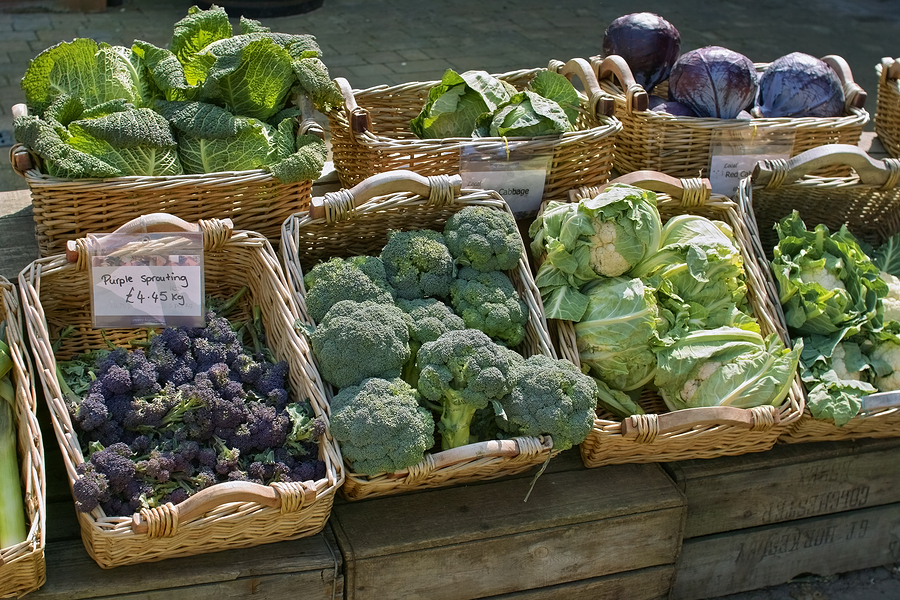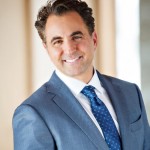 Most people don’t know much about the livestock industry in our country. When you take a look at what man has done to our meat supply and our ecology, and the way meat is raised and produced, you may just think twice before you order a steak or a roast beef sandwich.
Most people don’t know much about the livestock industry in our country. When you take a look at what man has done to our meat supply and our ecology, and the way meat is raised and produced, you may just think twice before you order a steak or a roast beef sandwich.
Let me tell you what’s really happening when man raises animals for food. Raising grain-fed animals takes an enormous toll on the environment. It requires massive amounts of fuel, fertilizers, pesticides, water and land. In fact, if the rest of the world’s population ate as much meat as we do, we’d quickly run out of land and irrigation systems.
Cows are supposed to be out on a range, walking around, grazing and consuming grass. That’s how they spend the first three quarters or so of their lives. Cows spent their final months mostly on a feed line, where they’re fed corn, soybean meal, and a lot of drugs, hormones and antibiotics to keep them alive and fat. Man replaces the cow’s natural food supply with inflammatory foods that cause weight gain.
In other words, man has changed the biochemical nature of the steak we’re eating. Cows were designed to eat grass, not grain.
Because much of the weight gained by cows goes into bone, organs and other tissue that we don’t eat, a lot more grain is required to grow the part of the animal we do eat. A cow has to consume about seven pounds of grain to gain one pound.
That helps to explain why 66 percent of all grain and hay in our country is fed to animals. Outside of the U.S., livestock consumes only 21 percent of total grain production.
Of course, what goes into these cows must come out. Feed crop grown for livestock consumption on 100 million acres across our country robs soil of nutrients and causes erosion. To compensate, farmers apply fertilizer, chemicals and manure.
This has created an environmental debacle that pollutes our soil, water and air with waste and toxic chemicals. Carbon dioxide, methane gas, nitrous oxide and other gases become trapped in atmosphere during this process, causing profound change in our environment.
By the way, it takes 18,000 gallons of water to produce a single pound of beef. More than half of all fresh water in our country is used to raise beef. Think about how much of our natural resources we’re wasting to create food that these animals weren’t designed to consume. Doesn’t it make sense to take better care of the environment?
So why does man continue this process? It makes meat taste better.
But that doesn’t mean grain-fed meat is good for us. Not only does beef increase our risk of heart disease, but the human body was designed to consume large amounts of dark, green leafy vegetables and fruits. These fruits and vegetables form the foundation of a green diet. That’s green as in “environmentally friendly,” and green as in “dark, green leafy.”
If you’re going to eat beef, look for grass-fed beef. Grass-fed beef doesn’t have the inflammatory effect or fat content of grain-fed beef.
We should also consider cutting back on our meat consumption in favor of a greener, plant-based diet. A plant-based diet can make a major difference in longevity, how we feel, and how we think. But that doesn’t mean you should flip a switch and become a vegetarian tomorrow. It’s important to learn what a plant-based diet is and educate yourself about how it could impact your health.
More importantly, we need to look at the big picture. Look at how man raises livestock and produces meat. Is that right? Is that natural? Is that healthy? Is that good for the environment?
Remember, the decisions we make every day impact our health and our family’s health. Fortunately, we get to make that final decision. It’s time for all of us to use that power to make healthier decisions so we can feel better, function better and live longer.
 Dr. James Proodian is an accomplished chiropractic physician, health educator, and professional public speaker who founded Proodian Healthcare Family of Companies to help people feel better, function better, and live longer. His expertise is in identifying clinical imbalances and restoring the body to health and functionality. Contact: jproodian@naturalhc.com or (732) 222-2219.
Dr. James Proodian is an accomplished chiropractic physician, health educator, and professional public speaker who founded Proodian Healthcare Family of Companies to help people feel better, function better, and live longer. His expertise is in identifying clinical imbalances and restoring the body to health and functionality. Contact: jproodian@naturalhc.com or (732) 222-2219.